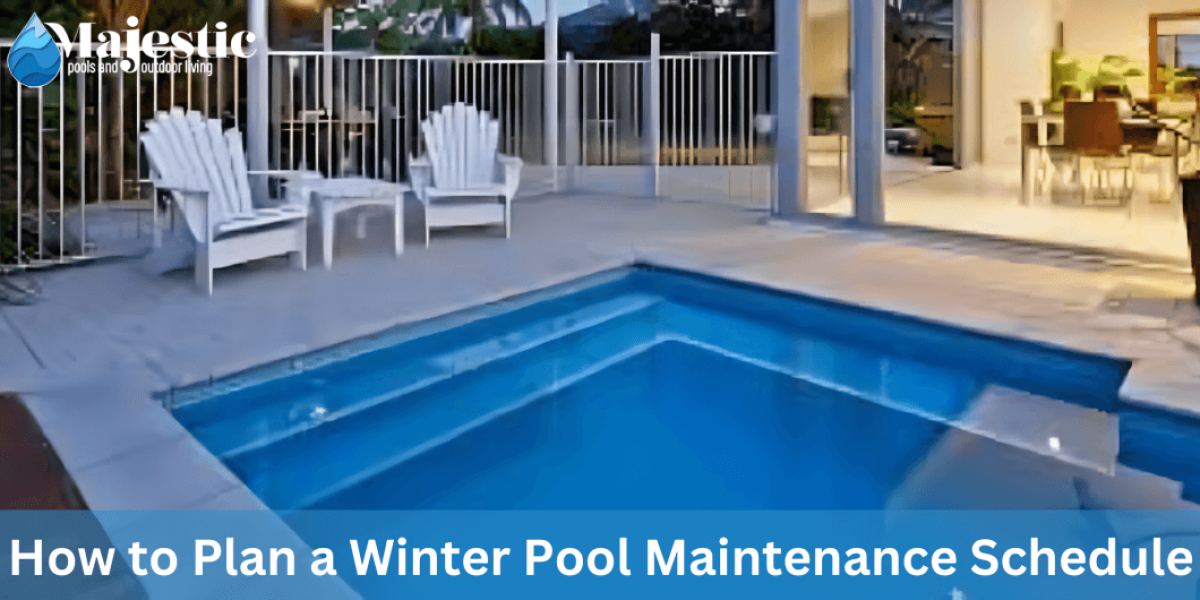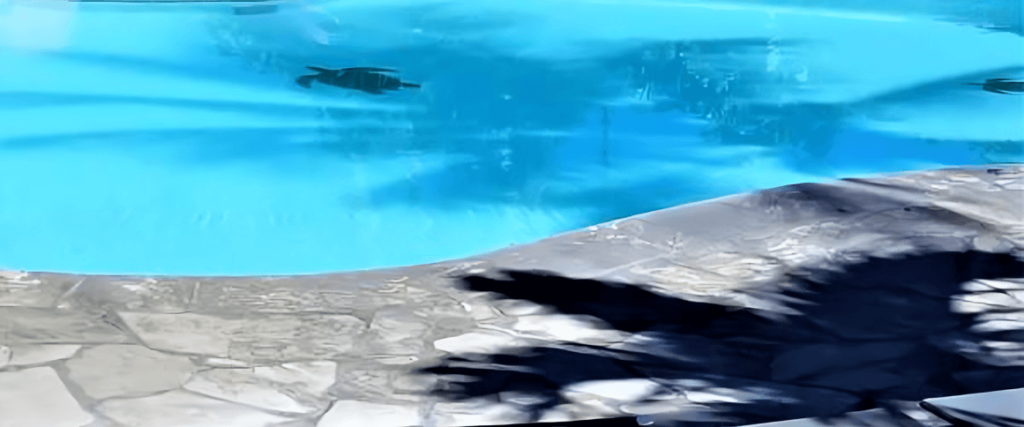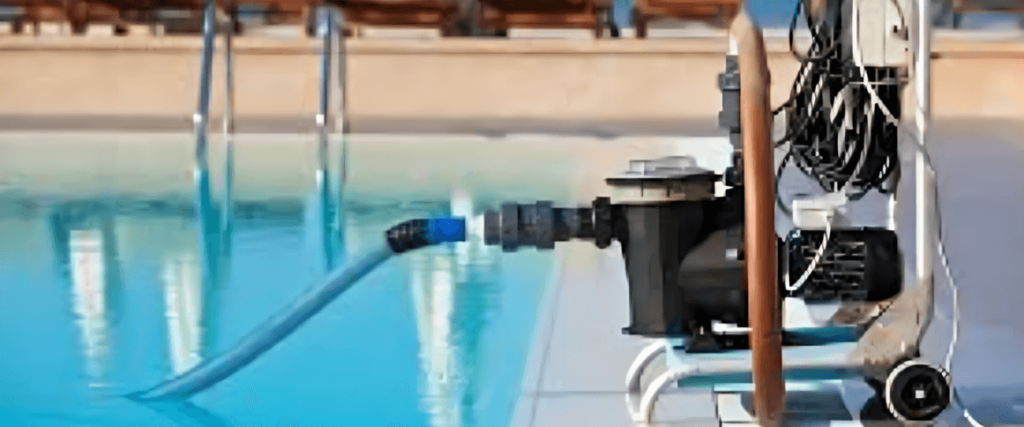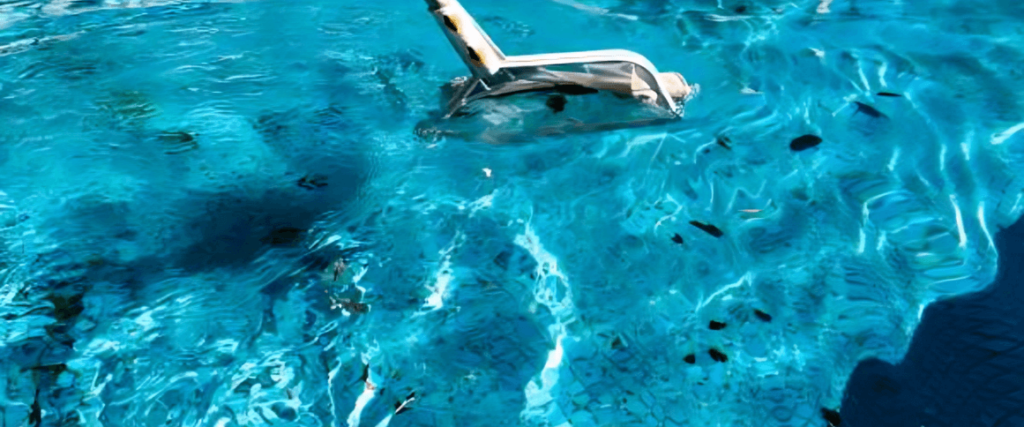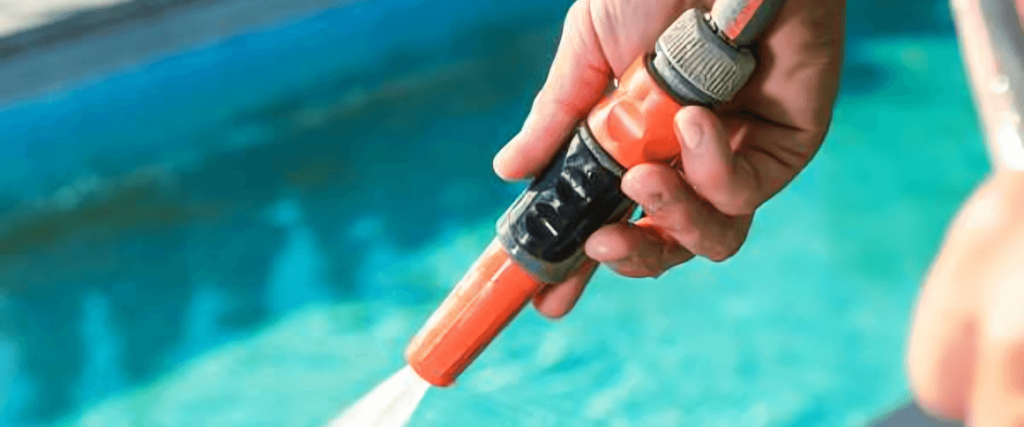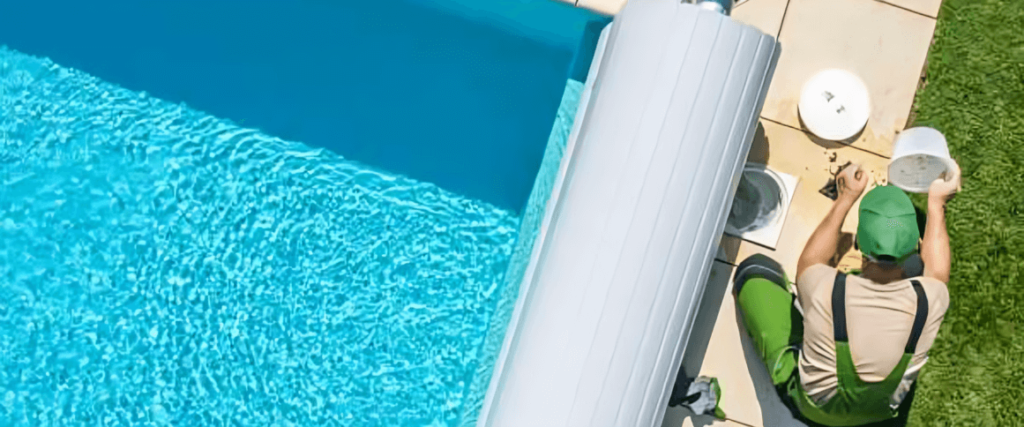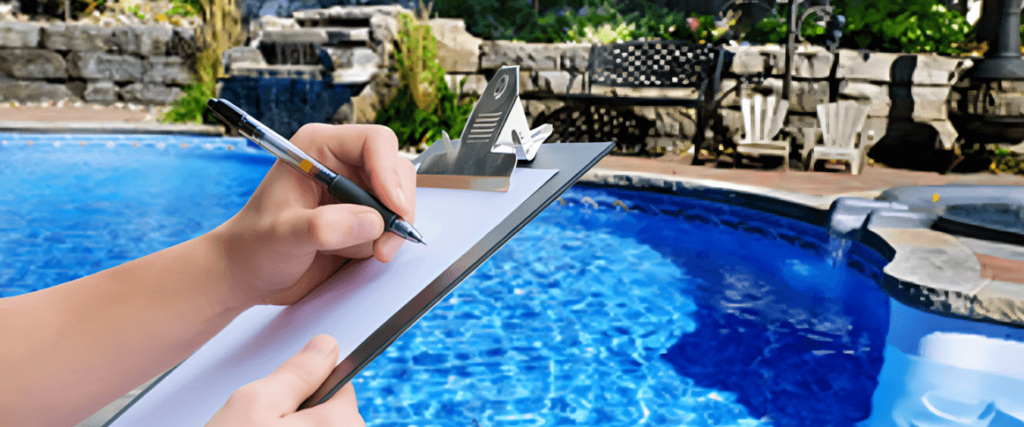When the temperatures dip, many pool owners in North and South Carolina might be tempted to forget about their pools until spring. However, the mild winters in the Carolinas make it common for homeowners to keep their pools open year-round. While this decision offers plenty of benefits, including aesthetic appeal and occasional use, it does come with its own set of maintenance requirements. A well-thought-out winter pool maintenance schedule ensures your pool remains clean, safe, and ready for use whenever you need it.
Why Winter Pool Maintenance Matters
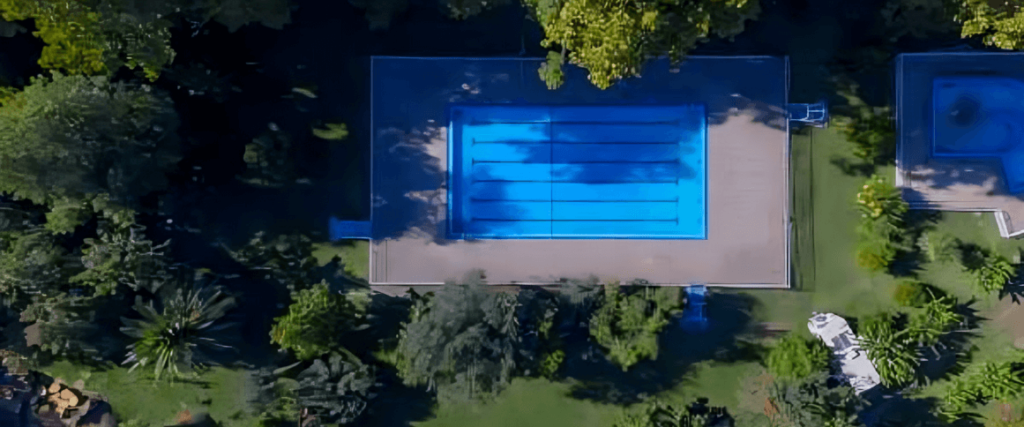
While your pool might not see daily use during the winter, keeping up with its maintenance is just as important as during the summer months. Skipping regular care can lead to costly repairs and unwelcome surprises when it’s time to reopen your pool in the spring. Winter maintenance not only protects your investment but also ensures your pool stays in great shape year-round. Here’s why it’s essential
1. Prevent Algae Growth
Even though winter temperatures are cooler, algae don’t take a seasonal break. Without proper chemical balance, algae can grow in stagnant water, leaving you with a green, murky mess to clean up later. By maintaining your pool chemistry during the colder months, you can prevent this issue entirely.
2. Protect Equipment
Your pool’s pumps, filters, and heaters are vital to its functionality and longevity. Neglecting maintenance can allow debris to clog equipment or, worse, lead to damage from freezing temperatures. Taking steps to winterize your equipment or run it periodically can save you from costly replacements down the line.
3. Save Money
Routine winter upkeep eliminates the need for expensive deep cleanings, repairs, or even replacement parts in the spring. It’s far more cost-effective to address minor maintenance tasks regularly than to deal with major issues caused by neglect.
4. Enhance Aesthetic Appeal
A clean and well-maintained pool isn’t just a functional asset it’s a visual one, too. Whether you’re entertaining guests or simply enjoying the view, a clear and debris-free pool enhances the beauty of your outdoor living space, even in the off-season.
5. Tailoring Maintenance to the Carolinas’ Climate
The unique climate in the Carolinas, with its mix of mild days and freezing nights, requires a thoughtful approach to pool maintenance. By creating a simple and effective winter pool care routine, you can ensure your pool is ready to shine as soon as the warmer weather returns. In the following sections, we’ll explore practical steps to keep your pool in top condition, from balancing water chemistry to safeguarding equipment. Let’s dive into everything you need to know about winter pool maintenance!
Step 1: Assess Your Pool Usage
The first step in planning a winter pool maintenance schedule is determining how often you’ll use the pool. Some homeowners enjoy the occasional dip or heated swims in the winter, while others keep the pool open purely for visual appeal. Knowing your usage level will help you decide how frequently to perform specific tasks.
- Regular Use – If you’re swimming occasionally, you’ll need to maintain a closer watch on water quality.
- Minimal Use – For pools left primarily for decoration, you can reduce cleaning frequency but must still monitor water chemistry and equipment.
Step 2 – Maintain Water Chemistry
Balancing your pool’s water chemistry is crucial year-round, and winter is no exception. During cooler months, chemical levels tend to fluctuate less than in summer, but neglecting them can still cause issues like algae growth or equipment damage.
Key Chemistry Checks
- pH Levels – Aim for a pH range of 7.4 to 7.6.
- Chlorine Levels – Maintain 1-3 ppm (parts per million) to keep bacteria and algae at bay.
- Alkalinity – Target 80-120 ppm to stabilize pH levels.
- Calcium Hardness – Keep levels between 200-400 ppm to prevent scale buildup or corrosion.
- Cyanuric Acid – Ensure 30-50 ppm to protect chlorine from UV degradation.
Tips for Simplified Maintenance
- Test water chemistry at least once every two weeks.
- Use a high-quality pool testing kit for accurate readings.
- Adjust chemicals gradually to avoid overcorrection.
Step 3: Run Your Pool Equipment
Even in winter, your pool pump and filter need to run daily to circulate water and prevent stagnation. In the Carolinas’ mild climate, running your pump for 4-6 hours per day is typically sufficient, but you may need longer runtime if temperatures dip below freezing.
Freeze Protection Tips
- Install a freeze protection device to automatically turn on the pump when temperatures approach freezing.
- Ensure water is circulating during freezing weather to prevent ice from forming in the pipes.
- Inspect and clean your pump and filter regularly to avoid clogs and inefficiency.
Step 4: Clean Your Pool Regularly
Even though debris accumulation may slow in winter, leaves, twigs, and other materials can still end up in your pool. Regular cleaning keeps your water clear and protects your equipment.
Weekly Cleaning Tasks
- Skim the Surface – Use a pool skimmer net to remove floating debris.
- Vacuum the Pool Floor – A pool vacuum or robotic cleaner helps remove dirt and debris from the bottom.
- Brush Walls and Steps – Prevent algae buildup by scrubbing pool surfaces weekly.
- Empty Skimmer and Pump Baskets – Clear these components to maintain proper water flow.
Step 5: Monitor Water Levels
Maintaining proper water levels is crucial for your pool’s health and equipment efficiency. During winter, water levels can drop due to evaporation or rise from rainfall.
- Optimal Level – Water should sit at the middle of your skimmer opening.
- Adjust as Needed – Use a hose to add water or a pump to remove excess as necessary.
Step 6: Protect Your Pool from Winter Weather
Although the Carolinas rarely experience harsh winters, occasional cold snaps can still pose a threat. Taking a few precautions will help safeguard your pool and its equipment.
Winterizing Tips
- Use a Pool Cover – Invest in a high-quality cover to keep debris out and reduce evaporation.
- Install a Heater – A pool heater ensures your pool remains comfortable for use and prevents freezing.
- Inspect for Leaks – Check for cracks or leaks in the pool and plumbing, as freezing water can exacerbate damage.
Step 7: Schedule Professional Inspections
Sometimes, it’s best to leave the heavy lifting to the experts. Scheduling professional pool inspections during winter ensures your equipment is functioning correctly and helps identify potential issues early.
What to Expect from a Professional Inspection
- Comprehensive equipment check (pumps, filters, heaters).
- Leak detection and repair.
- Thorough cleaning and chemical balancing.
Many pool service companies in North and South Carolina offer winter maintenance packages tailored to year-round pools.
Step 8 – Stay Consistent
Consistency is the key to effective winter pool maintenance. Create a schedule that works for you and stick to it. Use a calendar or app to set reminders for weekly and monthly tasks.
Sample Winter Pool Maintenance Schedule
Weekly Tasks
- Skim the surface.
- Brush walls and steps.
- Empty skimmer and pump baskets.
- Check and adjust water chemistry.
Bi-Weekly Tasks
- Vacuum the pool.
- Test and adjust water levels.
- Inspect pool equipment.
Monthly Tasks
- Perform a thorough equipment cleaning.
- Inspect the pool cover for wear or damage.
- Schedule a professional inspection if needed.
Conclusion
With its mild winters, the Carolinas provide an excellent opportunity for homeowners to keep their pools open year-round. However, maintaining a winter pool requires regular care and attention. By following a well-planned winter pool maintenance schedule, you can protect your investment, enjoy your pool’s beauty, and avoid costly repairs down the line.
If you’re planning to install a pool make sure to talk to Majestic Pools & Outdoor Living about your plans for year-round use. Our professional team specializes in pool installation tips and tricks that are tailored to North and South Carolina’s unique climate. We can walk you through the best steps to take during the installation process to make year-round pool care as easy and efficient as possible.

